Teaching
My teaching philosophy focuses on practical learning and active engagement, rooted in principles of design thinking, diversity, and integrity. I aim to foster an inclusive space where students can apply theory to real-world challenges. I am inspired by Chris McComb's metacognitive reflection and Mykel Kochenderfer's caring and student wellness approaches teaching philosophy. I am aspired to empower students in my classes with any resources available to me, including through the responsible use of AI technology in classroom.
Courses
I have taught/assisted teaching a variety of courses in intelligent systems, optimization, and transportation systems.-
-

-
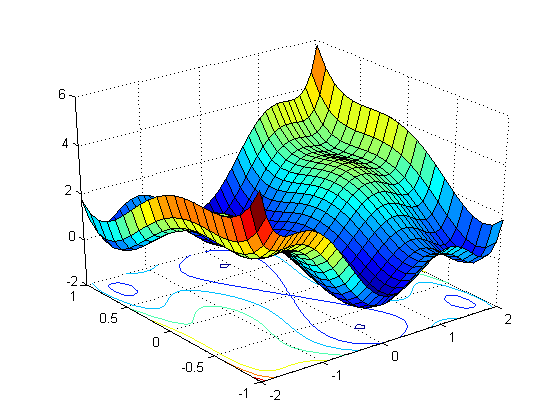
-
 Supply Chain Management, IndonesiaX, 2016
Supply Chain Management, IndonesiaX, 2016 -
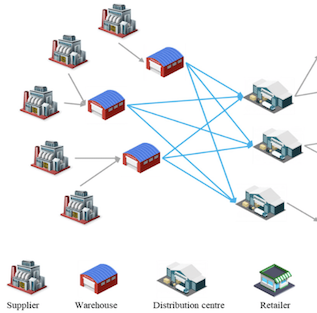 Network and Distribution Management (TI184968), ITS, 2014
Network and Distribution Management (TI184968), ITS, 2014
- A short slide deck about intro to decision-making under uncertainty with POMDP
- My favorite book on Algorithms for Optimization (by Mykel Kochenderfer and Tim Wheeler)
- A chapter about Rare-Event Simulation and Importance Sampling (by Gino Biondini)
- A
pyomotutorial for Deterministic Optimization with Gurobi - An intro to Optimization under Uncertainty notebook.
Guest Lectures/Workshops
I have given guest lectures and workshops at the intersection of AI, safety, and sustainability. Some of the most recent ones include:-
 Inventory Control and Management, S2 PJJ PLN, DTSI, ITS Surabaya, 2024
Inventory Control and Management, S2 PJJ PLN, DTSI, ITS Surabaya, 2024 -
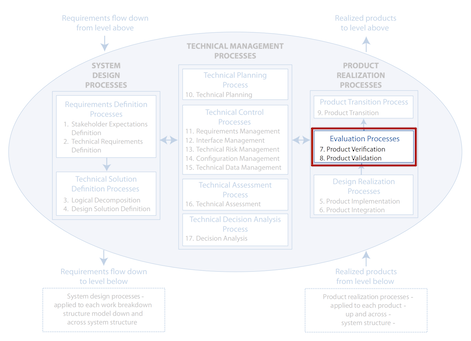 Verification and Validation of ML Models, MAE NTU, 2024
Verification and Validation of ML Models, MAE NTU, 2024 -
 Green Jobs and Intelligent Systems, Gawirea-Amati Indonesia, 2024
Green Jobs and Intelligent Systems, Gawirea-Amati Indonesia, 2024 -
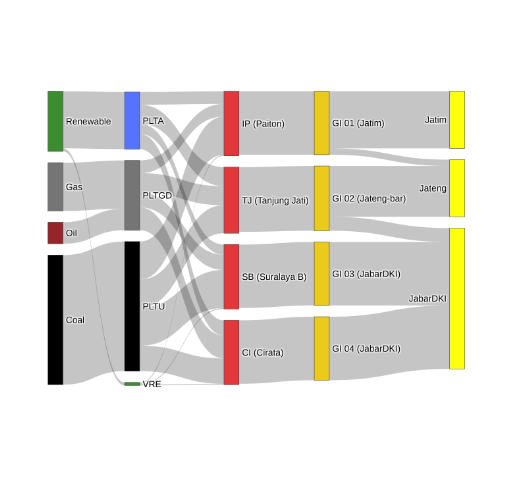 Intelligent Systems for Energy Transition, ITS, 2024
Intelligent Systems for Energy Transition, ITS, 2024 -
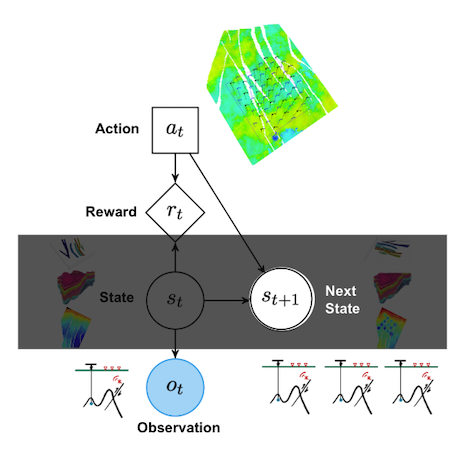 Developing Intelligent Agents for High-Stakes Applications, Stanford Mineral-X, 2024
Developing Intelligent Agents for High-Stakes Applications, Stanford Mineral-X, 2024 -
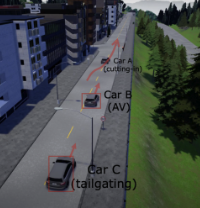 Towards Certifiable Probabilistic Safety Validation for Safe Intelligent Systems, Stanford Center of AI Safety, 2024
Towards Certifiable Probabilistic Safety Validation for Safe Intelligent Systems, Stanford Center of AI Safety, 2024 -
 Intelligent Systems for High-Stakes Business Applications, SIMT ITS, 2023
Intelligent Systems for High-Stakes Business Applications, SIMT ITS, 2023 -
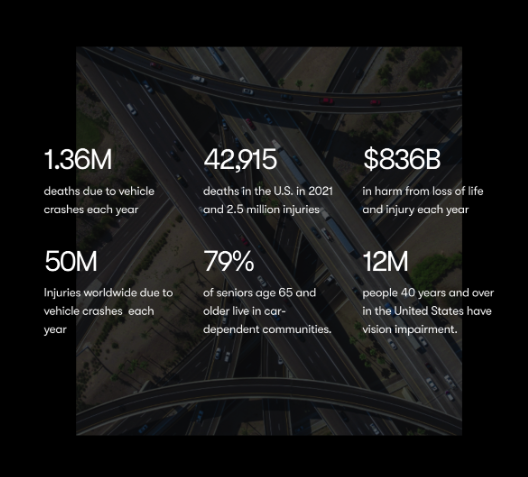 Safety Evaluation for Autonomous Vehicles, ADI, 2023
Safety Evaluation for Autonomous Vehicles, ADI, 2023 -
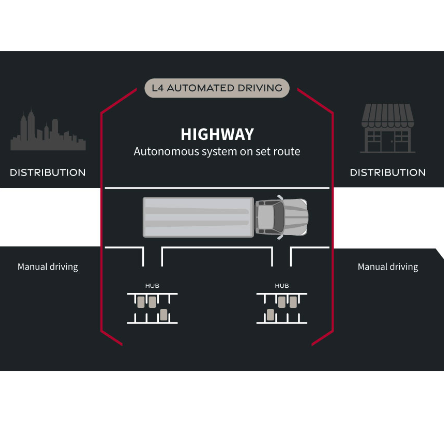 Artificial Intelligence for Smart Logistics, IPB, 2023
Artificial Intelligence for Smart Logistics, IPB, 2023
General Policy on AI Usage in My Classroom
Starting in 2023, I am committed to fostering an environment where the responsible use of generative AI tools can enhance both learning and creativity. Here are the general guidelines to help you in integrating AI responsibly into the coursework:- Freedom to Use AI: You are encouraged to use AI tools as you see fit. This trust is based on your demonstrated responsibility and initiative as learners adept at managing advanced technologies.
- Ethical and Responsible Use: It is essential to ensure that AI-generated content is accurate, unbiased, and respectful. You are expected to scrutinize the AI output for any issues such as plagiarism, bias, or inappropriate content and rectify these problems before submission.
- Transparency and Metacognitive Reflection in Usage: Every piece of work that includes AI assistance must have an accompanying AI Usage and Reflection Form.
- Seek Consent for Sensitive Data: Always secure consent before entering private, sensitive, or copyrighted information into any AI system, ensuring compliance with ethical standards and respect for privacy.
- Support and Resources: If you have any uncertainties about this policy or require assistance with AI tools, please do not hesitate to contact the teaching team. We are here to support your academic journey and ensure you can use AI effectively and ethically.
